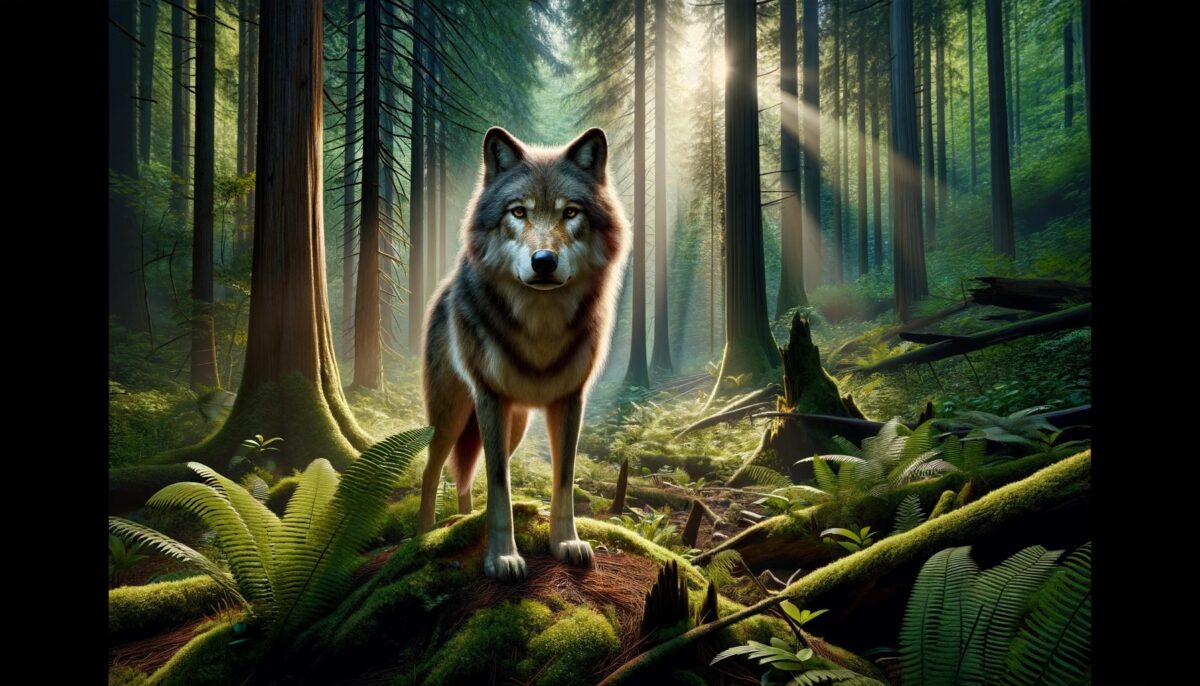Wolves, with their widespread distribution from North America to Eurasia, are ecologically vital as keystone species, playing a critical role in maintaining the health and balance of ecosystems by regulating prey populations. Their influence extends to increasing biodiversity and reshaping landscapes, thus fostering more robust and diverse natural environments.
Culturally, wolves hold a unique place in the human imagination, revered and mythologized across various cultures for their intelligence, resilience, and spirit of freedom. In many Indigenous communities, wolves have a prominent role in folklore and spiritual beliefs, often revered as ancestral figures, spiritual guides, and symbols of the untamed natural world.
In her new book, Echo Loba, Loba Echo: Of Wisdom, Wolves, and Women, Sonja Swift delves into wolves and their intricate connections with human society, ecosystems, and cultural narratives.
Bridging ecological insight with a rich tapestry of cultural wisdom, Swift dives into the multifaceted relationship between humans and wolves, a bond that has been both cherished and challenged throughout history. From childhood recollections to ecological roles, and from colonial impacts to modern conservation efforts, her work is a profound exploration of how wolves mirror our own stories, fears, and hopes.
Swift recently spoke with Mongabay about how wolves reflect our existence and the myriad ways they are perceived across cultures. She discussed how Echo Loba, Loba Echo reflects her personal explorations and deep connections with these creatures, and shared observations on the evolving conservation sector’s recognition of Indigenous and Native interactions with the natural world.


